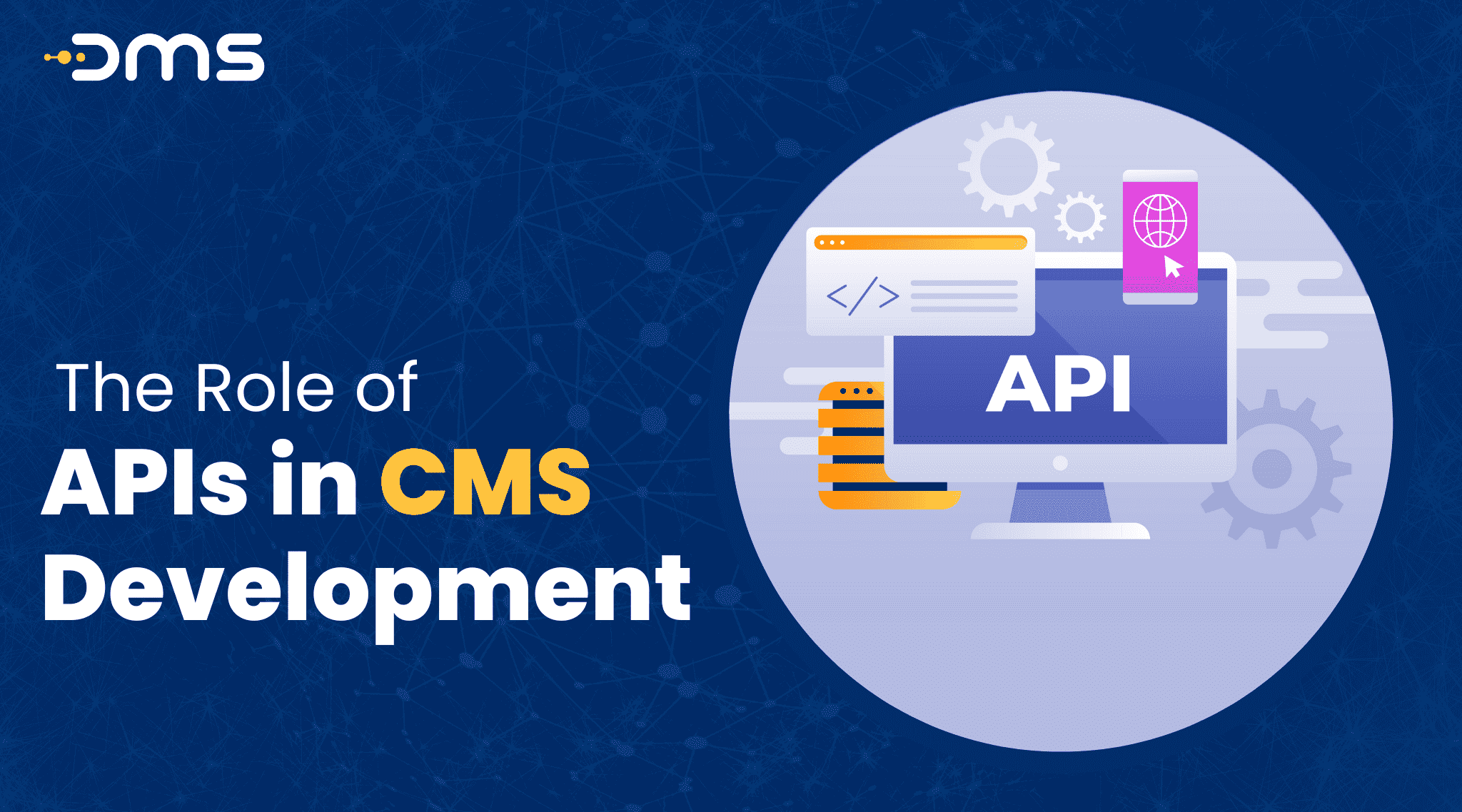Content management systems (CMS) are crucial tools for businesses to organize their digital content in the modern digital age. CMS allows businesses to create, edit, and publish digital content easily. APIs, or application programming interfaces, are essential for improving CMS functionality. This article will explore the role of APIs in CMS development.
What is a CMS?
A CMS is a software application that allows businesses to manage and publish their digital content easily. With CMS, businesses can create and edit content, manage digital assets, and publish content on multiple channels. WordPress, Drupal, and Joomla are a few prominent CMS platforms.
What are APIs?
Applications can be developed with sets of protocols, processes, and tools known as APIs (Application Programming Interfaces). APIs enable different software applications to communicate with each other, exchange data, and share functionality. APIs allow businesses to integrate different software applications and enhance the functionality of their existing software applications.
Multiple businesses, including e-commerce, social networking, and finance, use APIs to enable interaction and exchange of information between different software systems. By utilizing pre-existing code, they assist developers create applications more quickly. They also help companies combine their offerings with other platforms and expand their customer base.
How APIs work in CMS development:
APIs enable CMS to communicate with different software applications, exchange data, and share functionality. APIs enable developers to create custom functionality and integration with other software applications. APIs allow CMS to integrate with social media platforms, marketing automation tools, e-commerce platforms, and other software applications.
Benefits of using APIs in CMS development:
Using APIs in CMS development has several benefits. Some of the benefits of using APIs in CMS development include:
Improved customization:
APIs enable developers to create custom functionality and integration with other software applications. With APIs, businesses can customize their CMS to meet their specific needs.
Improved functionality and scalability:
APIs enable businesses to integrate different software applications and enhance the functionality of their existing software applications. With APIs, businesses can extend the functionality of their CMS and add new features.
Improved security:
APIs enable businesses to secure their digital assets and protect their data. APIs allow businesses to control access to their CMS and digital content.
Improved user experience:
APIs enable businesses to improve the user experience of their CMS. With APIs, businesses can create a personalized user experience for their customers.
Examples of APIs used in CMS development:
There are several APIs that developers can use in CMS development. Some of the popular APIs used in CMS development include:
REST APIs:
REST (Representational State Transfer) APIs are a set of architectural principles for creating web services. REST APIs allow developers to create web services that can be accessed by other software applications.
GraphQL APIs:
GraphQL APIs are APIs, or application programming interfaces, that comply with the GraphQL protocol. The GraphQL API runtime and query language was created by Facebook. GraphQL APIs enable clients to request precisely the data they require, unlike conventional REST APIs, which expose a predefined number of endpoints and provide predetermined data.
Conclusion:
APIs play a vital role in CMS development. APIs enable CMS to communicate with different software applications, exchange data, and share functionality. Using APIs in CMS development has several benefits, including improved customization, improved functionality and scalability, improved security, and improved user experience.
In conclusion, APIs play a crucial role in CMS development, allowing businesses to extend the functionality of their CMS and integrate with different software applications. Improved flexibility, increased functionality and scalability, increased security, and enhanced user experience are just a few advantages that APIs provide. When choosing APIs for CMS development, developers need to select compatible APIs that can provide the desired functionality. Overall, APIs are essential tools for businesses to create and manage digital content effectively.


